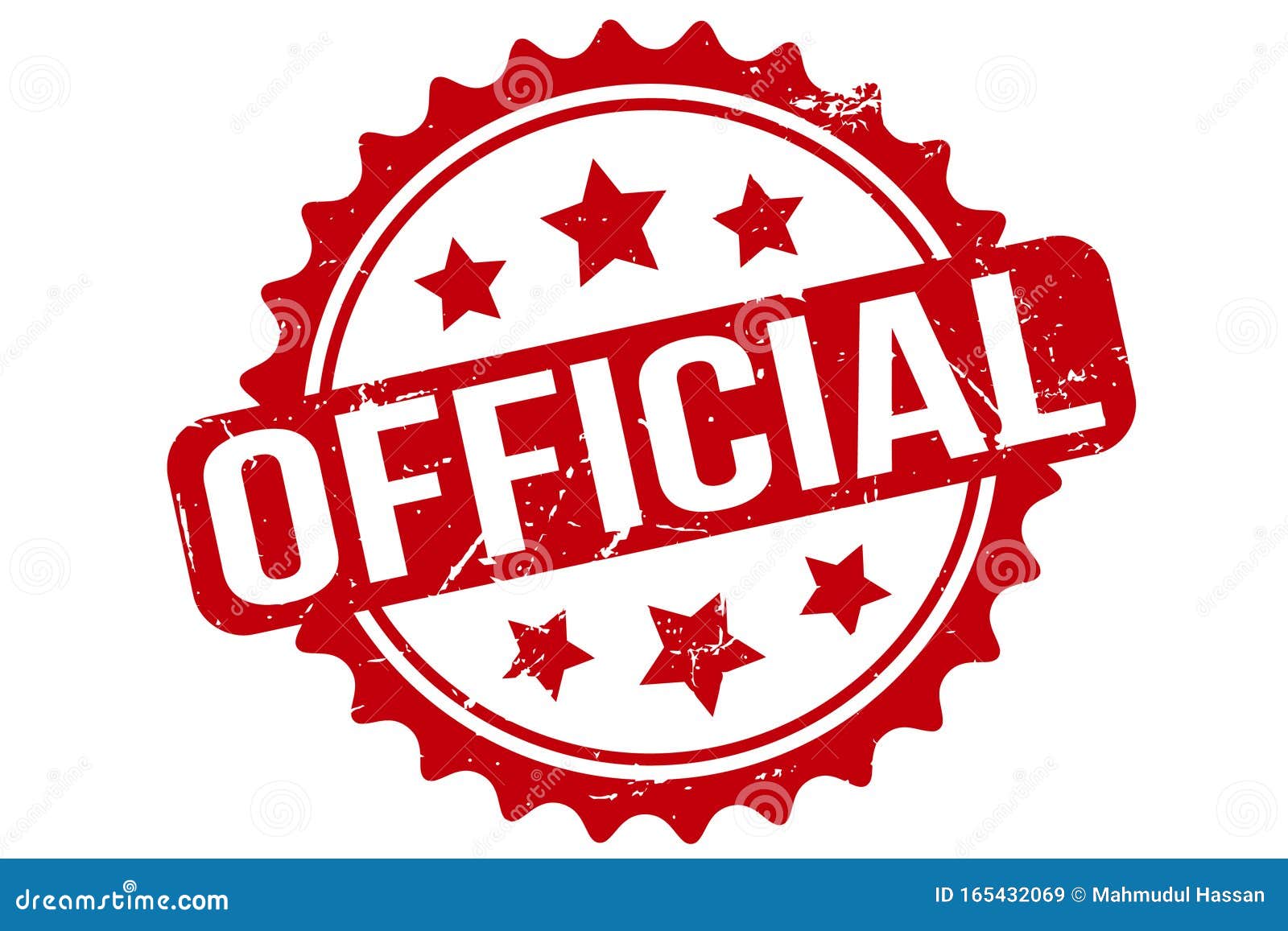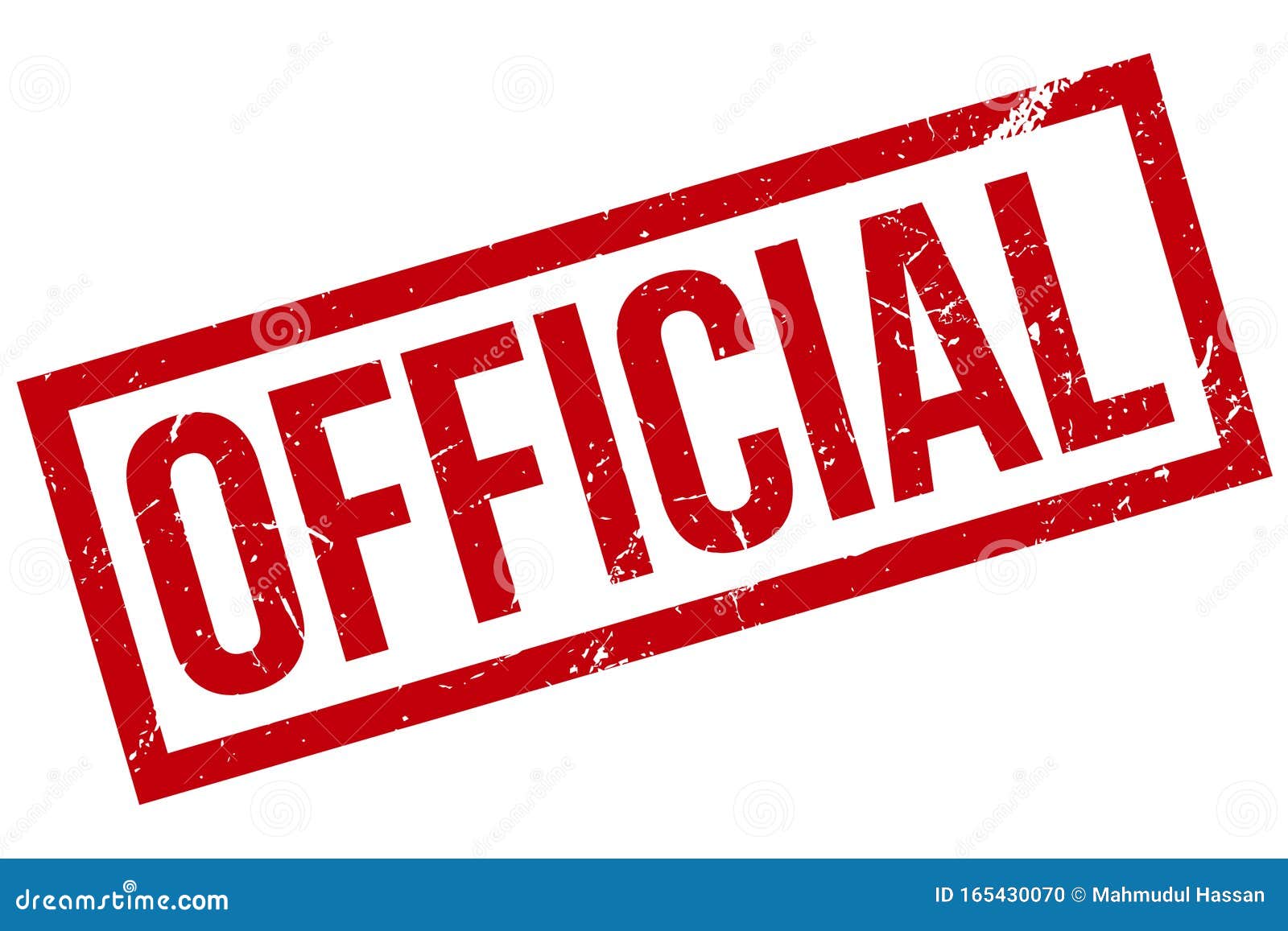Official Currency Of Iran - What It Means To Be Approved
When people talk about the official currency of Iran, they are truly speaking about something with a special standing, something that has received a proper nod of approval. It is, in a way, money that carries a particular kind of weight, given its designated role. This isn't just any form of payment; it is the recognized medium for transactions, backed by a certain level of authority. To grasp this fully, we can consider what the word "official" truly conveys in general, and then see how that idea applies to a nation's money.
You see, something that is called "official" often comes from someone who holds a position of responsibility, or perhaps is invested with a certain duty. It relates, you could say, to a role that carries trust or a specific charge. When we consider the money used in a country, its "official" status means it's been agreed upon or arranged by people who are in charge, those holding significant posts. It is, basically, the legitimate way to pay for things, and that legitimacy comes from a clear source.
This idea of something being "official" also means it is appointed or given the go-ahead to act in a certain capacity. Just like a certain drink might become the authorized refreshment of a big sporting event because someone with influence signed papers and made a deal, the money used daily in a country like Iran gains its recognized status through a similar kind of formal process. It becomes, you know, the standard, the one that everyone looks to for financial dealings. This is, in some respects, about trust and a shared understanding of what holds value.
Contents
- What Makes Money "Official"?
- How Does the Official Currency of Iran Get Its Authority?
- Why Does Being Official Matter for the Official Currency of Iran?
- Is the Official Currency of Iran "The Real Deal"?
What Makes Money "Official"?
When we talk about money being "official," we are really talking about its role being set out by someone who has a duty or a position of trust. It is, you know, not just some random piece of paper or metal that people decide to use. Instead, it is something that has been given a particular stamp of approval, often by a government or a leading organization. This means it relates to a position of great responsibility, where people have agreed to its use and circulation. Think about it: if something is official, it is agreed to or arranged by people who are in positions of significant power or influence. This is, in a way, what gives it its standing.
The very meaning of something being "official" comes from the idea of holding an office or being invested with a particular function. For a nation's money, this means it is the one recognized by the powers that be. It is, you might say, the one that has been given a formal go-ahead. This contrasts with anything that might be used informally or without that backing. The official currency of Iran, for instance, has this kind of backing, making it the proper instrument for trade and financial dealings within its borders. It is, actually, the recognized standard.
- Brandy And Billy Leaked Video
- Kimmy Granger Ill Protect You
- Yourfavmelons Onlyfans
- Denaliaspen Nude
- Aishah Sofey Full Leaks
A key aspect of something being official is that it pertains to a position of duty, trust, or authority. This means that the people who use it can generally rely on its acceptance and its value because it comes from a source that commands respect and has been appointed to act in a specific way. The definition of "official" points to something being "the real deal," not something unofficial, unapproved, or highly unlikely to be accepted. So, when we talk about the official currency of Iran, we are talking about the money that has this proper seal of approval, the one that is truly meant for use in daily life and larger economic activities.
How Does the Official Currency of Iran Get Its Authority?
For any money to be truly "official," it needs to be approved by those in charge. This is, quite simply, how things gain their proper status. Think about how a language becomes the official one for a country; there's usually a vote or a formal decision process. The same sort of thing happens with money. It is, perhaps, a less visible process to the everyday person, but it is certainly there. The money gets its status because it is, you know, authorized and given the green light by a body that holds the necessary power. This is what makes it legitimate for everyone to use.
The process of making something official often involves people in positions of duty or trust. They are the ones who make the arrangements and give their agreement. So, for the official currency of Iran, this means that the money is not just spontaneously adopted by everyone; it is put in place through formal channels. It is, basically, the outcome of decisions made by those responsible for the country's financial well-being. This ensures that it is widely accepted and serves its purpose as a reliable medium of exchange. It is, in fact, how order is maintained in financial matters.
Consider the examples of things becoming official: a company's name change might be officially recorded in a certain year, or a product might need to conform to official safety standards before it can be sold. These instances show that a formal step is taken, a sign-off happens, to give something its recognized standing. For the official currency of Iran, this means it has gone through a similar kind of formal approval. It is, you could say, the money that has passed all the necessary checks and has been given the formal nod to be used by everyone. This gives it a certain kind of weight and reliability.
Who Gives the Nod to the Official Currency of Iran?
So, who exactly is it that gives the official currency of Iran its important standing? Well, typically, it is the government or a central financial institution that holds this particular kind of authority. They are the ones who occupy a position of responsibility when it comes to the nation's money. It is, in some respects, their job to ensure that the money is stable and that people can trust it. They are the ones who are, you know, appointed or authorized to act in this crucial area. This ensures that the money has a consistent value and is accepted everywhere within the country.
When something is described as "official," it means it is approved by the government or by someone else in authority. This applies directly to the money used in a country. The people in charge make the decisions, sign the necessary papers, and arrange for the currency to be the designated medium of exchange. It is, basically, their formal endorsement that gives the money its power and widespread acceptance. Without this kind of formal backing, money would simply be, you know, a collection of notes and coins with no agreed-upon value. This is, actually, a critical point for any economy.
The authority to make something official stems from holding an office or serving in a public capacity. This means that the individuals involved are performing duties that are part of their job, duties that carry a public trust. For the official currency of Iran, this means that its legitimacy comes from the formal actions of those who are tasked with overseeing the nation's financial system. They are the ones who ensure that the money is, you know, "the real deal," the one that should be used for all transactions. This helps keep the economy running smoothly and predictably.
Why Does Being Official Matter for the Official Currency of Iran?
The "official" status of a currency is, you know, incredibly important for its usefulness and how people perceive it. If money isn't official, it lacks that crucial backing that makes it universally accepted. Think about it: if you're trying to buy something, you want to be sure that the money you offer will be taken without question. That certainty comes from its official standing. It is, basically, about trust and predictability in financial dealings. Without this, every transaction would become a negotiation, which would be quite difficult.
Being official means that the currency is approved by those in authority, and this approval signals to everyone that it is legitimate and reliable. It relates to a position of duty and trust. When people know that the money they are using is officially sanctioned, they have confidence in its value and its ability to be exchanged for goods and services. The official currency of Iran, for example, carries this trust because it is the one that has been formally recognized and put forth by the nation's governing bodies. It is, in some respects, the backbone of daily commerce.
Consider the difference between news from an official source, like an official website, versus unofficial, unapproved information. The official source is where you go for the "real deal," the information that has been verified and authorized. The same principle applies to money. The official currency of Iran is the one that has been verified and authorized for use, making it the dependable choice for everyone from individuals making small purchases to businesses conducting large transactions. It is, you know, the standard that everyone agrees to abide by, making financial life much simpler.
The Mark of Trust and Acceptance for the Official Currency of Iran
When we talk about the official currency of Iran, we are truly speaking about a form of payment that carries a mark of widespread trust and acceptance. This is because its status is linked to a position of duty, trust, or authority. It is, you know, not just something that people happen to use, but something that has been formally recognized and supported by the highest levels of government. This formal backing gives it a kind of legitimacy that unofficial forms of payment simply do not have. It is, basically, the agreed-upon medium for all financial exchanges.
The fact that something is "official" means it has been agreed to or arranged by people in positions of responsibility. For the official currency of Iran, this translates into a universal understanding that this money is valid and will be accepted. It is, in fact, the standard for all transactions, from buying daily necessities to engaging in large-scale trade. This acceptance is not accidental; it is the result of deliberate decisions made by those who hold authority. This ensures that the money serves its purpose effectively and reliably.
The very definition of "official" implies something that is "the real deal," something that is not unofficial or unapproved. This distinction is vital for a currency. When the money is official, it means that its value and its use are protected and supported by the state. This fosters confidence among its users, knowing that their financial dealings are based on a stable and recognized foundation. It is, you know, the money that everyone can count on, making it the foundation of the nation's economic activity.
What Happens When Something Isn't Official?
If something isn't official, its acceptance becomes much more uncertain, and its use is typically limited. Think about an unofficial, unapproved news source compared to an official one. The unofficial one might offer interesting tidbits, but it lacks the verified status that makes it widely trusted. The same goes for money. If a currency isn't official, it means it hasn't been approved by the government or by someone else in authority. This, you know, makes it risky to use for everyday transactions.
An unofficial form of payment might be used in very specific, limited situations, perhaps among a small group of people who have a personal agreement. However, it would not be accepted broadly across the country for all goods and services. This is because it lacks the formal backing that gives official money its power and reach. It is, basically, not related to a position of responsibility or a public trust. This absence of formal backing means there is no guarantee of its acceptance or its consistent value.
Consider the contrast: the official currency of Iran is the one that conforms to established rules and has the backing of those in charge. An unofficial alternative, however, would not have this. It would be something that exists outside of the formal system, without the agreements or arrangements made by people in positions of power. This means it would lack the stability and universal acceptance that are so important for any form of money. It is, in some respects, the difference between a recognized standard and something that is, you know, just a personal choice.
Is the Official Currency of Iran "The Real Deal"?
When we ask if the official currency of Iran is "the real deal," we are really asking if it possesses all the characteristics that define something as truly official, as described in various ways. Does it come from, or is it with, the proper authority? Is it holding office or serving in a public capacity? The answer is a clear yes, based on the very nature of what "official" means. It is, you know, money that is formally recognized and supported by the nation's institutions. This is what makes it legitimate and widely accepted for all financial dealings within the country.
The term "official" implies that something is approved by the government or someone in authority. For the official currency of Iran, this means it has been given the highest level of endorsement, ensuring its role as the primary medium of exchange. It is, basically, the money that has been put forth by those who hold positions of duty and trust, making it the standard that everyone can rely on. This is what separates it from any other forms of value that might exist but lack this formal recognition. It is, in fact, the proper way to conduct financial transactions.
The official currency of Iran is, you might say, the one that is used by a person in authority as part of their job. This means that government agencies, banks, and businesses all operate using this particular form of money because it is the one that has been formally designated. It is, in some respects, the cornerstone of the nation's economic framework, providing a stable and consistent means for people to buy, sell, and save. This ensures that the economy functions smoothly and that there is a shared understanding of financial value.
Looking at the Official Currency of Iran Through a Formal Lens
To view the official currency of Iran through a formal lens means to consider its status as something pertaining to an office or a position of duty, trust, or authority. This means it is not just a popular choice, but a mandated one, established through formal processes. It is, you know, the money that is used in a formal or ceremonious manner when it comes to national economic functions. This formal aspect is what gives it its enduring power and universal acceptance within the country. It is, basically, the backbone of all regulated financial activities.
The very concept of "official" implies that something has been appointed or authorized to act in a certain way. For the official currency of Iran, this means it has been given the specific role of serving as the nation's legal tender. This role is not arbitrary; it is the result of deliberate decisions made by those who hold positions of significant responsibility. It is, in some respects, the framework within which all financial transactions are meant to occur, providing a clear and consistent standard for everyone to follow.
When something is official, it is "the real deal," and this applies directly to the money used in a country. The official currency of Iran is the one that is approved, recognized, and supported by the governing bodies, making it the dependable choice for all economic activities. This formal backing ensures that it is widely accepted and trusted, providing a stable foundation for the nation's financial system. It is, you know, the money that carries the weight of authority, making it indispensable for daily life and broader economic functions.



Detail Author:
- Name : Madaline Hand
- Username : clair.crooks
- Email : douglas.shawn@yahoo.com
- Birthdate : 1991-11-25
- Address : 9979 Larkin Mountains Suite 904 Schadenchester, HI 32214
- Phone : +1-347-616-4558
- Company : Ward, Haley and Schuster
- Job : Bookkeeper
- Bio : Ipsa animi beatae autem id aut nihil accusantium natus. Consequatur et eos ratione facilis autem. Labore aliquam voluptatem aut beatae qui. Rem dolor non in.
Socials
tiktok:
- url : https://tiktok.com/@rhett7100
- username : rhett7100
- bio : Illum et vitae eius eos reiciendis libero reiciendis et.
- followers : 1147
- following : 757
instagram:
- url : https://instagram.com/rhett.jacobs
- username : rhett.jacobs
- bio : Dolores rerum in culpa rerum. Eum aut corrupti distinctio itaque.
- followers : 1665
- following : 2121
facebook:
- url : https://facebook.com/rhett_jacobs
- username : rhett_jacobs
- bio : Eum quasi alias quasi necessitatibus distinctio sunt sint optio.
- followers : 2452
- following : 1058
linkedin:
- url : https://linkedin.com/in/rhett_jacobs
- username : rhett_jacobs
- bio : Et nisi perferendis velit unde vel et quia.
- followers : 5471
- following : 1463